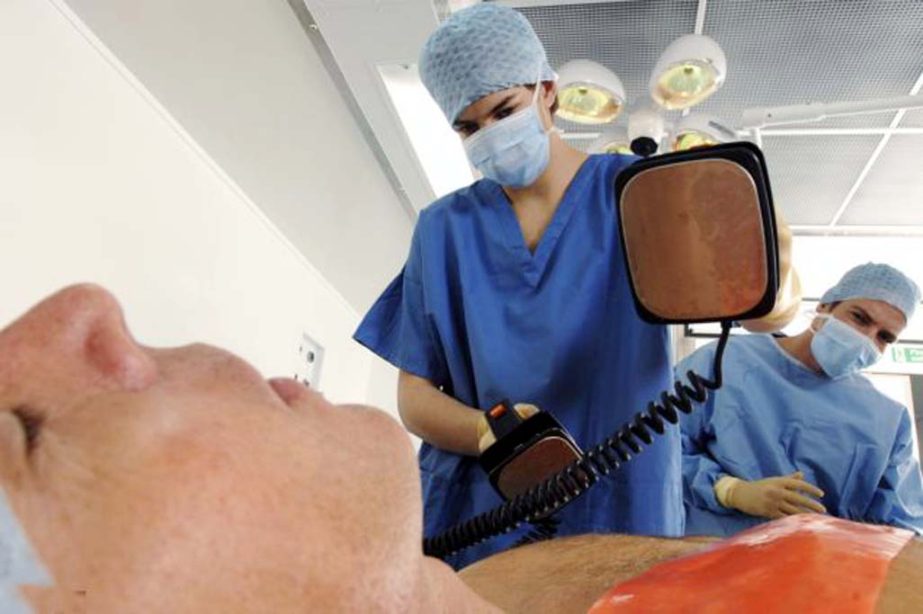
Life Desk :
Doctors and health insurers should take less account of family histories and pay more attention to lifestyle habits, when estimating the risk of a future heart attack, new research suggests.
The US study found heart attacks are not as connected to family history and genetics as may have been previously believed.
The mass research examined patients with different severities of coronary disease, some of whom who had suffered a heart attack, and looked at their family history and genetics.
It found that the links between a family history of heart disease and the likelihood of a heart attack were far lower than they expected.
Doctor Benjamin Horne, director of cardiovascular and genetic epidemiology at the Intermountain Medical Centre Heart Institute in the United States, said:
“Because coronary disease and heart attacks are so closely related, researchers in the past have assumed they’re the same thing.
“They thought that if someone had coronary disease, they would eventually have a heart attack. This finding may help people realise that, through their choices, they have greater control over whether they ultimately have a heart attack.”
Researchers said the findings also showed that for those with narrow arteries – one of the major risks for heart attacks – heart attacks were still not inevitable.
Dr Horne said: “Although in almost all situations someone needs to have some level of coronary disease in order to have a heart attack, some people will have a heart attack when they only have mild coronary disease where there’s only a small amount of narrowing of the artery, while others will have a heart attack with severe coronary narrowing,” Dr Horne said.
Researchers have found 46 genetic mutations generally accepted to be associated with coronary disease.
The studies that covered these connections compared those with such mutations with other populations, without the genetic risks.
Dr Horne and his team presented their findings at the annual conference of the American Society of Human Genetics in San Diego.
– Laura Donnelly, The Telegraph

